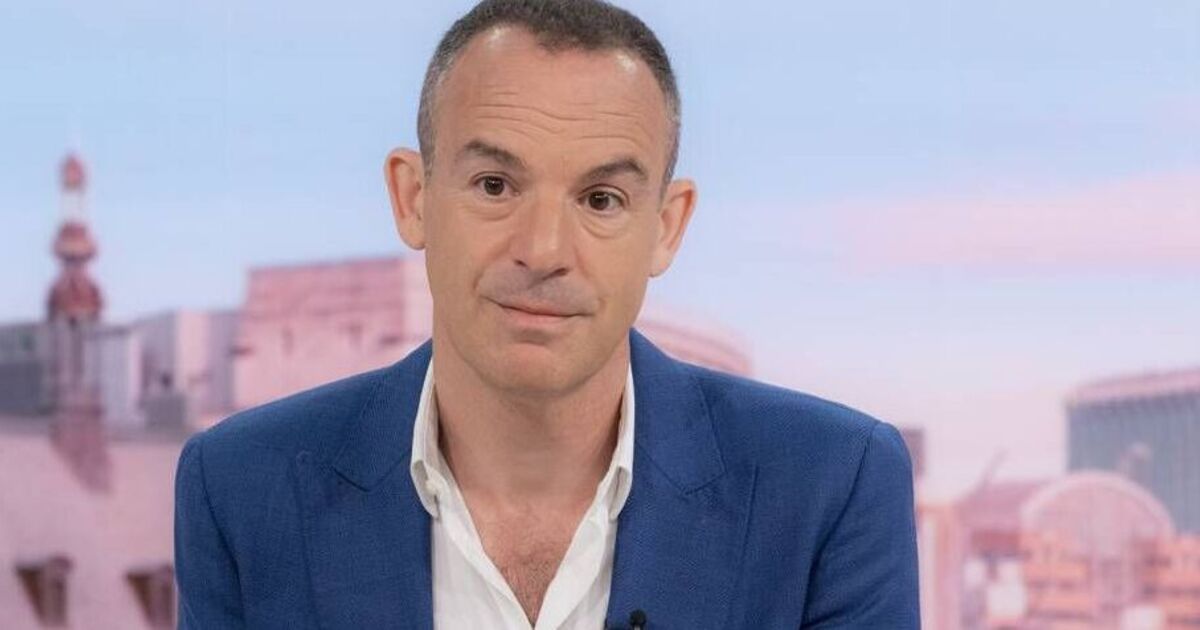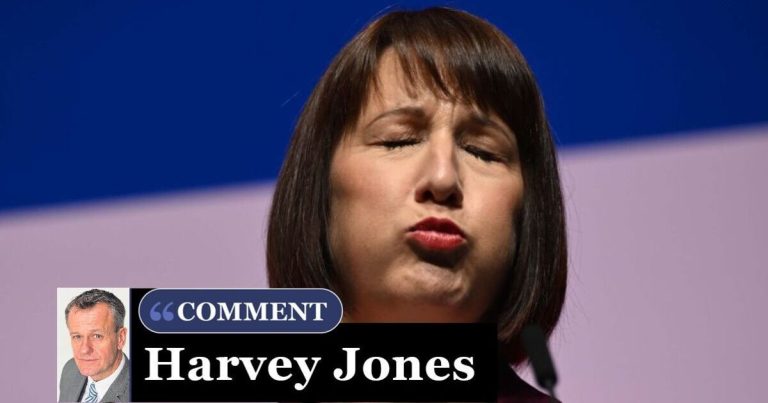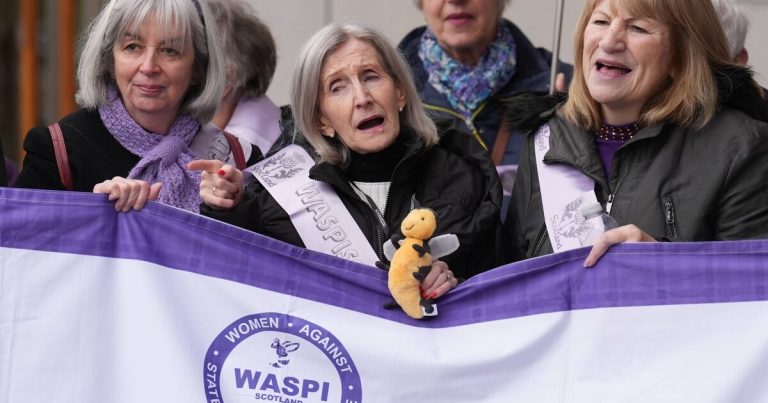
Martin Lewis has shared a simple way to save more money even with the new Ofgem energy price cap.
From April, the price cap will decrease by 12.3 percent. This means that for an average household using both gas and electricity and paying by direct debit, their yearly bill will drop from £1,928 to £1,690. However, it’s important to remember that the price cap doesn’t set a total limit on your energy bill.
The price cap only sets a limit on the cost per unit of gas and electricity, as well as the maximum daily standing charge. So, your bill still depends on how much energy you use. The main price cap figure is just an example of what someone with average energy usage might pay.
In a recent post on Twitter, Martin Lewis explained: “In a nutshell, for every £100 a direct debit user spends on energy today, they’ll pay £87.70 for it from 1 April. So it’s an improvement, and predictions are it’ll drop again in July, though overall prices are still too expensive, nearly double the price of the cheapest pre-crisis.”
Martin also shared a tip on how to save money on your energy bills, The Mirror reports. He said if you switch to the Eon Next Pledge tariff, you could pay about 3 percent less than the price cap for the first year. But, you need to pay by direct debit and have a smart meter to get this deal. He mentioned: “So if that works for you, and you’re planning to stick on the price cap, it’s a no brainer.”
But he thinks that from April, there might be more good deals for switching energy suppliers. This is because Ofgem is getting rid of the “Market Stabilisation Charge” which Martin said has stopped many companies from offering cheaper deals when you switch. The MSC means if you change energy companies, your new one has to pay your old one if they had a cheaper offer because the cost of energy they buy has gone down.
However, Ofgem has decided to keep the rule against “acquisition only” tariffs for another year. Martin says this rule makes sure that companies give the same deals to current customers as they do to new ones.






